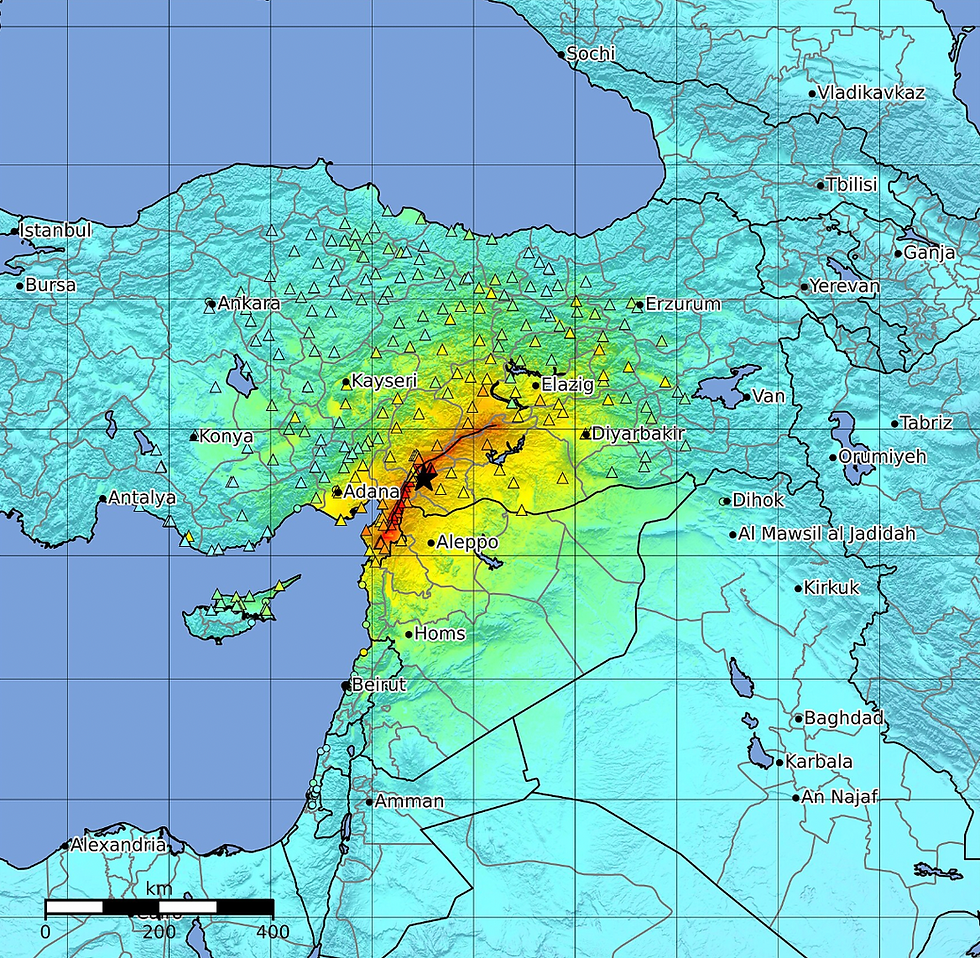
Mapping Turkish and Syrian Refugee Mothers Vulnerability to Post-Earthquake Traumatic Stress in Gaziantep
A novel intervention for Turkish and Syrian refugee mothers traumatized by the Feb. 6, 2023 earthquake in Turkey using GIS
The Zeru Foundation, in partnership with the University of California, Davis Ulysses Refugee Health Research and Gaziantep University, has been awarded the Richard F. Walters Seed Grant for International Activities by Global Affairs at UC Davis. This collaborative effort involves five faculty members specializing in public health, social medicine, adult and child psychiatry, adolescent psychiatry, and political science. Doctor Beril Bulucu and Prof Filiz Ruhm, two co-founders of Zeru In will provided specialized consultation on psychiatric, social, political, and cultural aspects.
Our project aims to develop a novel intervention for Turkish and Syrian refugee mothers traumatized by the Feb. 6, 2023 earthquake in Turkey. Our objectives include gathering data on maternal and child mortality rates, assessing needs in maternal, infant, and child health, mapping the vulnerability and resilience of mothers to depression, anxiety, and PTSD, and examining burnout among healthcare providers using Geographic Information Systems (GIS) technology.
We aim to develop tailored interventions to mitigate vulnerability and enhance resilience among mothers, as well as training programs for earthquake response personnel focusing on improving maternal and child health, addressing social determinants of health, and reducing burnout among medical staff.
Given the recurring nature of earthquakes in Eastern Anatolia, it is crucial for government agencies and local communities to have rapid-response data collection tools in place. The data collected and mapped in the field will enable Gaziantep health systems, community leaders, and first responders to swiftly respond to future post-disaster situations. These pilot studies will inform decision-making regarding the location and allocation of new health resources, management of existing resources, design of actions for mental trauma, and implementation of prevention, surveillance, and control programs.
Finally, the project aims to create and distribute digital educational materials on trauma prevention and management in Turkish and Arabic, catering to both Gaziantep's native and refugee populations.